
Disease Information
Because Knowing is Half the Battle
Raccoon Roundworm
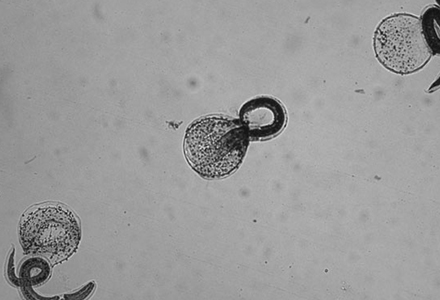
Baylisascaris procyonis or Raccoon Roundworm is an intestinal parasite found in the feces of raccoons. The eggs of the parasite are passed through the raccoon feces and take about 2 – 4 weeks to become infectious. People become infected with Raccoon Round worm by ingesting the eggs. Most infected are children and others who are more likely to put dirt or animal waste in their mouth by mistake. Raccoon droppings around your home should be carefully collected and either buried, burned, or taken to a landfill.
Histoplasmosis
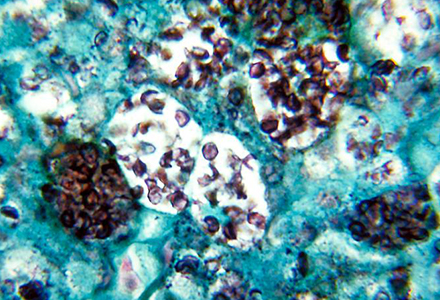
Histoplasmosis is an infection caused by the fungus Histoplasma. Histoplasma grows best in soil that contains bird and bat droppings. Bats can get Histoplasmosis and spread the fungus through their droppings or “Guano.” Histoplasma spores circulate in the air after contaminated droppings are disturbed. The spores are too small to see without a microscope. When people breathe in the spores, they are at risk for developing Histoplasmosis. Although most people who breathe in the spores don’t get sick, those who do may have a fever, cough, and fatigue. Many people who get histoplasmosis will get better on their own without medication, but in some people, such as those who have weakened immune systems, the infection can become severe.
Rabies
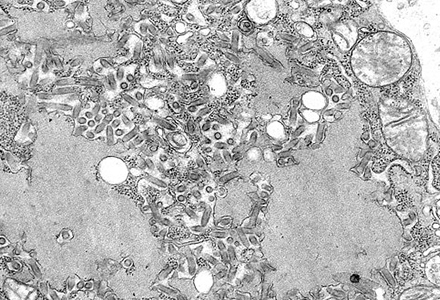
Rabies is a preventable viral disease of mammals most often transmitted through the bite of a rabid animal. The vast majority of rabies cases reported to the Centers for Disease Control and Prevention (CDC) each year occur in wild animals like raccoons, skunks, bats, and foxes. However, all warm blooded mammals can contract and carry rabies. The virus infects the central nervous system, ultimately causing disease in the brain and death. In the most extreme cases, symptoms of a rabid animal may include excessive drooling, agitation appearance, and biting or snapping at real or imaginary objects. Also, an animal can contract rabies and not show any symptoms for up to 2 weeks.
Distemper
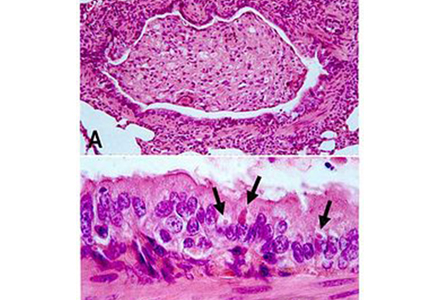
Distemper, specifically Canine Distemper, is a contagious and often fatal disease caused by a virus that attacks the nervous, respiratory, and gastrointestinal systems of carnivorous animals such as domestic dogs, raccoons, skunks, foxes, wolves, coyotes, etc. Symptoms of Canine Distemper come in phases and are more common in juvenile animals such as raccoons for example. First phase starts slowly, appearing as upper respiratory infection with runny nose and watery eyes. As time wears on, the animal may develop pneumonia. The animal may also appear thin and diarrhea is a clear symptom. In the final stage of the disease, the animal may wander in circles, look disoriented, and suffer paralysis due to brain damage. This disease is transmitted through airborne droplets, direct contact with bodily fluids, saliva, and droppings. Symptoms of CD are similar to rabies, but unlike rabies, CD cannot be transmitted to humans. Caution should still be used if an animal is showing symptoms of CD because it may also be rabid.
Equine Protozoal Myeloencephalitis
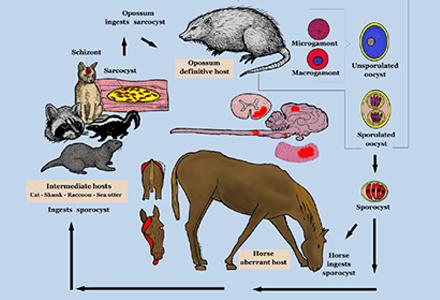
Common neurological disease found in American horses. Horses contract the disease by ingesting infectious opossum feces that has come in contact with horse feed, hay, or water.
